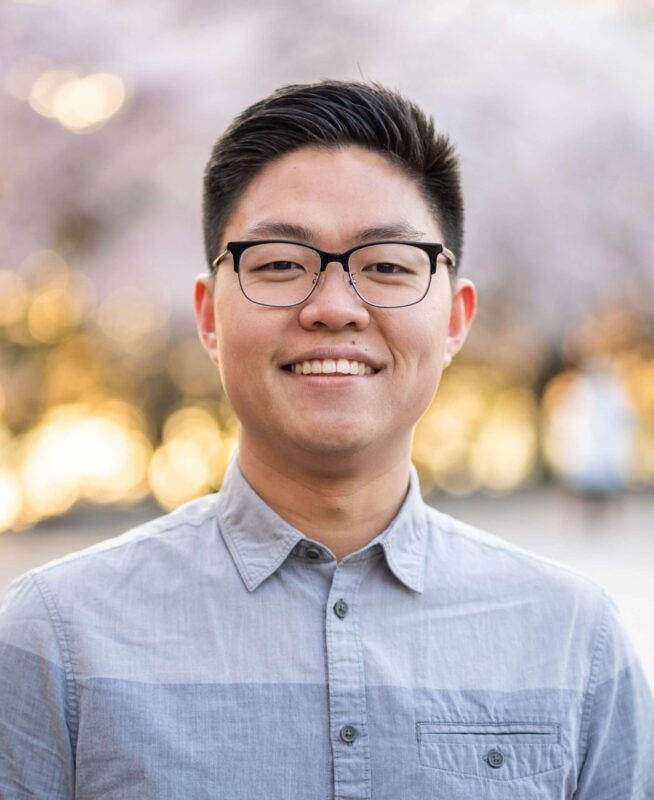A few years ago, a Korean missionary couple visited my majority-Caucasian church to talk about their missionary experience. After eating lunch with them, I got up to leave early. I waved goodbye to everyone else, then turned and meekly bowed towards the missionaries and thanked them in the Korean language for their time.
My friends were bewildered. Later, my friends exclaimed, “It was like you became a different person!”
There’s more to communication than speaking the same language. When interacting between majority culture and our own minority culture, we may not have to cross a linguistic divide, but we do have to cross a cultural one. Every culture has its cultural language. Every “fill-in-the-blank” American is bilingual.
The most difficult thing for an Asian adapting to majority contexts is often not the accent, or even learning English, but adapting to the cultural norms that are foreign to them. The more foreign the culture, the wider the chasm between the two worlds, and the more difficult to walk the tightrope across to the other side.
Code-switching is difficult. For example, if I (a Korean) am offered a dessert, I might say, “I’m fine,” but what I really mean is, “I’d like some, but you need to ask me one more time.” The white person offering me dessert may presume I joined Weight Watchers recently and move on, but I would be left with a confused spirit and stomach. On the flip side, my white friends may find it uncomfortable when I continually insist they have some fruit. While I could have come across as strange or pushy, what really happened was that I forgot to code-switch.
My Asian culture can even make expectations in speaking confusing. In Outliers, Malcolm Gladwell observes that Korean communication relies primarily on the hearer, whereas American culture relies on the speaker. In America, it’s the responsibility of the speaker to communicate as clearly as he can. In Korean culture, the duty is on the listener to be able to decipher what was said to them.
I might speak fluent English, but unless I filter my words culturally as well as linguistically, my words can fall upon deaf ears.
Mismatched expectations affect more than just conversations. They seep into society as well.
There’s a subconscious cultural bent for Asians to feel like they need to be asked before they do something. For anyone to “assume” a position or be entrepreneurial could be perceived as overstepping and dishonorable. Unfortunately, that can run directly opposite majority culture, where the hustle and bustle is celebrated. That can play itself out in even little ways: intimidation when interacting with pastors, hesitation to step out of the comfort zone, feeling bitterness for not feeling understood, etc.
Societal confusion can create an inferiority complex where Asians feel like they are the only ones who are messing up. Their hard work and grit is recognized for learning the language, but the cultural chasm is felt by both sides. Asians are passed up on executive positions because of “lack of leadership potential” or “lack of communication skills.” Few would argue a lack of competence, but there’s just—something. They need to be able to cross the chasm.
This cultural struggle is not new. It’s existed since the Tower of Babel, when God, in response to man’s attempt to disobey God’s commands, confuses their speech and scatters them throughout the earth. We have all been babbling since Babel across persons, languages, cultures, and nations.
But in Jesus, this scattered humanity is united under our head, Christ. Ephesians 4:4 states there is one body and one Spirit. By the power of the Spirit in Christ’s work, we are made one. Christians then, are called to “live worthy of the calling you have received, will all humility and gentleness, with patience, bearing with one another in love, making every effort to keep the unity of the Spirit through the bond of peace” (Ephesians 4:1-3).
After I had left, the Korean missionary couple turned to my friends and said, “He’s a good Korean!” Code-switching resulted in the couple feeling known, respected, and loved.
Christ has made us one, and we ought to live out that new identity we have in Christ in our love for one another. If we are to live out this new heavenly identity, we need heavenly power. So we pray.
Prayer Requests:
- Pray that those in the majority would be persistent in developing relationships with those in the minority.
- Pray that God would strengthen those in the minority to be willing to persevere through unnatural friendships.
- Pray that God would make churches communities of grace where miscommunication can happen.












